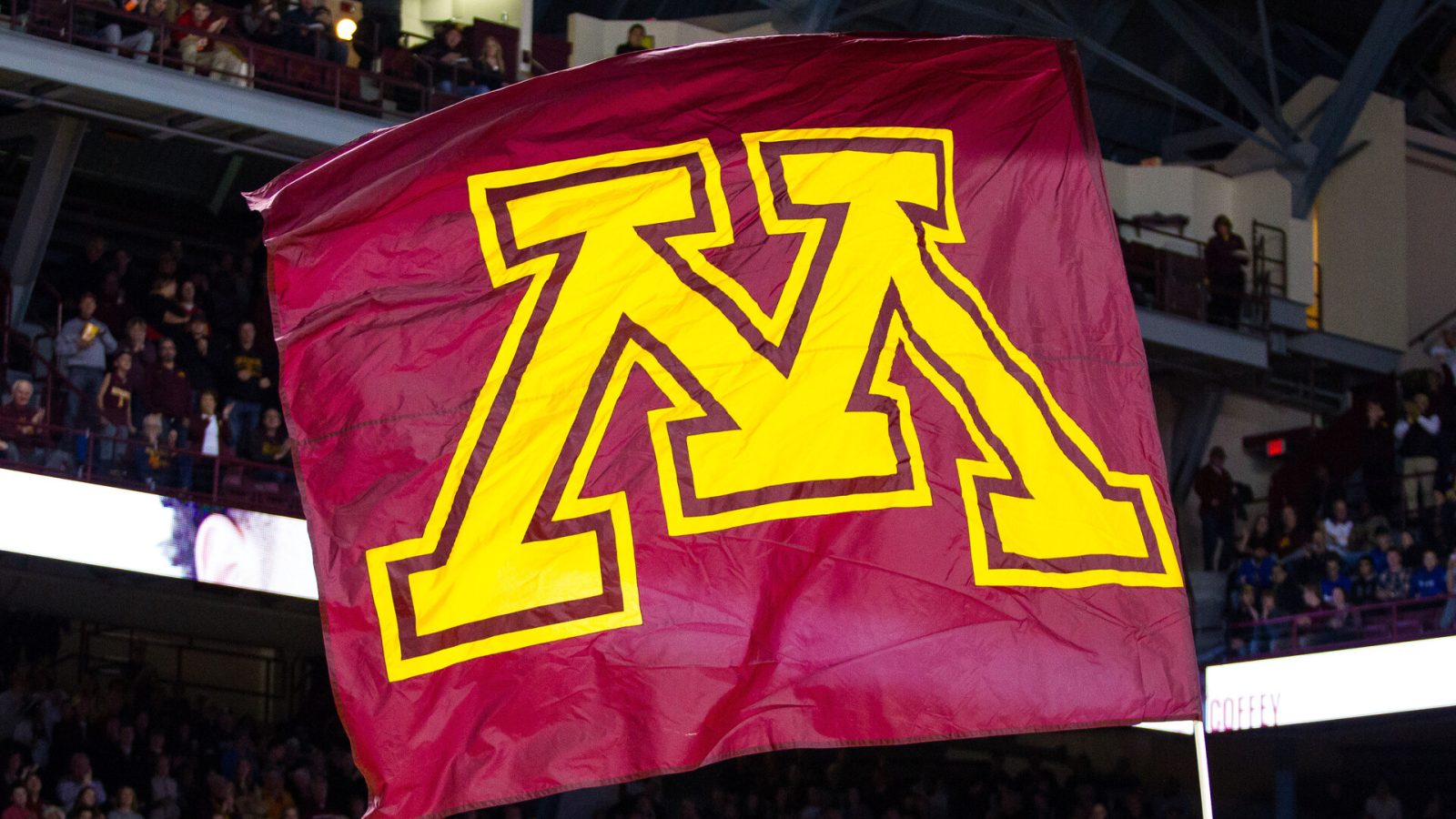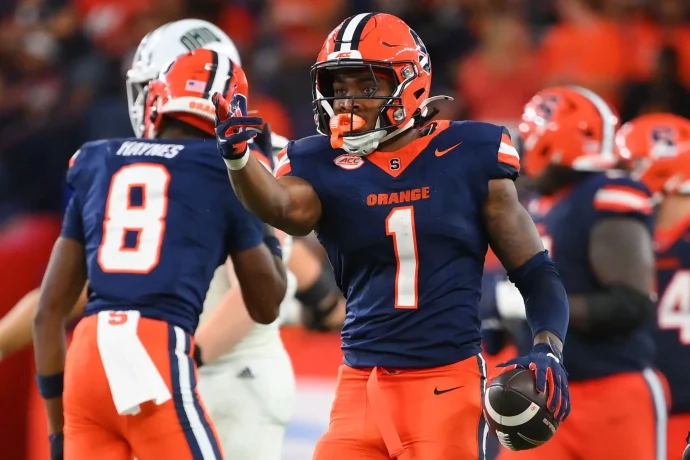Since the Supreme Court struck down PASPA in May 2018, sports betting has gone from zero to sixty in the US. That said, 2022 was a slow year on the sports betting legalization front, with just three states (Kansas, Maine, and Massachusetts) adding their names to the list of legal sports betting states.
According to Brandt Iden, Sportradar Head of Government Affairs, US, 2023 could be a much better year.
Read our previous interviews with Brandt Iden:
Too Close to Call: Brandt Iden Discusses California Sports Betting
Why Sports Betting Bills Succeed And Fail: Q&A With Sportradar’s Brandt Iden
Forecasting Sports Betting Legislation in 2023
Steve Ruddock: Looking ahead to 2023, there were a few states that were close to legalizing sports betting this year – Minnesota, North Carolina, and Missouri. What states do you think have an opportunity next year?
Brandt Iden: I think 2023 is going to be a much more active year than we saw in 2022. And the big reason for that is the elections. Even though these gaming votes come down to the wire, and it’s always at the end, it’s a lot easier to take when it’s not an election year, and you don’t have to go campaign on it one way or the other unless you’re particularly passionate about it. You usually don’t put this on your mail piece that you send out to constituents. So, I think that 2023 will be a much more active year.
I envision Minnesota likely getting something over the finish line. I think there is a lot of work to do there, but Minnesota is certainly one of those states. I think I’m back on Georgia, too. I like Georgia. And I’ll go back to North Carolina. I think North Carolina can probably get something done. We were very close there this year. Some of these states that we were close in, I think taking the politics of the election out of it, we’re going to have success.
And obviously, those are just three states.
Missouri, we will see. I’m not sure anything’s changed in Missouri with the big VLT issue, so I’m not as confident about Missouri. That’s a huge hurdle to get over. I don’t know if that can be dealt with in 2023 or not. I think it will come down to how things shake out after the elections in November.
Texas is going to be huge, so yeah, it’s all eyes on Texas.
I don’t envision anything politically changing after November in Texas. So, I think we’re going to be dealing with the same actors. However, the one thing that has certainly happened is there’s been a lot of work on gaming done. And by that, I mean a lot of education that’s been done with members and stakeholders that have continued to participate in the process. So even though 2021 wasn’t successful, people just didn’t say, ‘okay, we’re done, we’re taking the next year off, and we’re not going to have these conversations anymore.’ There’s been a lot of ongoing conversations in Texas. And I think that that moves the needle.
Does it move it enough to get something over the finish line in 2023? I think we’ll have to wait and see.
Tinkering with Existing Laws
Steve Ruddock: One of the things that I’ve noticed in the past couple of years is a new willingness to go back and reopen previously passed gambling bills. That was anathema before. It would almost never happen. But now, we are starting to see states going back and adjusting tax rates, maybe adjusting promo deductions. Is that a trend you think we will continue to see? Currently, states aren’t looking for money, but I don’t expect that to continue in perpetuity.
Brandt Iden: Well, we’ve obviously seen that in Colorado. I think what’s important to note about Virginia and the promotional play change there is that they couldn’t get it done legislatively. They did that through the budget process, which means that the votes weren’t there from the members. The willingness wasn’t there to touch that issue. And they ended up having to go through the budget process to change the promo deduction. I always think there’s an opportunity to go back in and tinker with these things. I think we may see that in New York next year, when we look at that 51% tax rate, certainly something that Senator Addabbo has been talking a lot about. But when you reopen a gaming bill, you know, it’s a Jenga. You pull something out, and you have to make sure that the tower doesn’t tip over. So, I think that there’s always that sensitivity.
What I hope to see, to your point about states looking for more revenue, is that the conversation transitions maybe away from sports betting. And if we talk about gaming, we talk about iGaming because that is really where the dollars are when you look at capturing more revenue dollars into the state. It’s not in sports betting. And I would certainly hope that some of these states that have two or three years of sports betting under their belt would look at it and say, we could double these tax rates, and there’s still not a tremendous amount of money here because it’s such a low margin industry.
If we’re really looking to capture revenue, and that’s what states are interested in, if that conversation changes and the federal government doesn’t pump money into the states anymore, I hope that they look at iGaming and say, look at the success that these states that have implemented iGaming have had. And let’s take a look at implementing that as a possibility versus just going and jacking tax rates up on sports betting.
I think that there’s a very strong argument to be made about that. New York is an anomaly at 51% and a small number of operators in the market, but that aside, many of these states don’t bring in a tremendous amount of revenue from sports betting, even Michigan, which I always point to obviously, the $120 million that came in in 2021, 80 to 85% of it was from iGaming. It wasn’t from sports betting revenue. That’s really important to note. As we work with these states and as they look at changing gaming laws and expanding, we have a serious conversation about what iGaming looks like in the marketplace.
The Problem with Online Casino and Poker
Steve Ruddock: As somebody that’s gone through the process of getting online casino and online poker legalized, which seems incredibly hard, I’m, I’m wondering what were the objections that you were able to override in Michigan that other states could use as they start to look at online casino?
Brandt Iden: Well, the big one is it’s already being done. And just as much, if not more, as we go around to these states and we talk about sports betting, people are playing blackjack offshore, as well. They’re playing poker illegally. Oftentimes they don’t even realize that it’s illegal. So, a big argument that I made was, if we’re taking the position that consumer protections are the most important reason we’re doing this, we need to take a stance and say, we are trying to protect the citizens of our state.
We want to make sure underage kids aren’t getting involved in this. They’re not getting mom and dad’s credit card and playing at an offshore book or casino for hours on end. I, unfortunately, had a colleague that I was working with that had a family member that ran into that situation. A 16-year-old kid gets mom and dad’s credit card and starts playing blackjack offshore. We said, look, we want to put these protections in place. So, if we’re going to do it, we might as well do it for everything because if we do it for sports betting and let people keep playing poker and blackjack and all these other table games offshore, it doesn’t make any sense.
We want to protect the whole state and all the citizenry. And as we talked about responsible gaming, it was an argument that resonated. Don’t get me wrong, it was very difficult to do. Obviously, I went through the veto process and then went right back at it again. I didn’t know that we were going to get it done. There were certainly a couple of times there where I thought we might not get this done. But the argument resonated.
People understood, and legislators were like, yeah, that makes sense. Now it took us some time to get there, but at the end of the day, I think that we’re doing a better job of protecting our citizens in the state of Michigan because all of this is now regulated, and it’s safe.
And, it’s a piece of legislation that nobody has decided to go back and tinker with yet. I’ve been out of office for two years, so I think it shows it’s a good piece of legislation.





